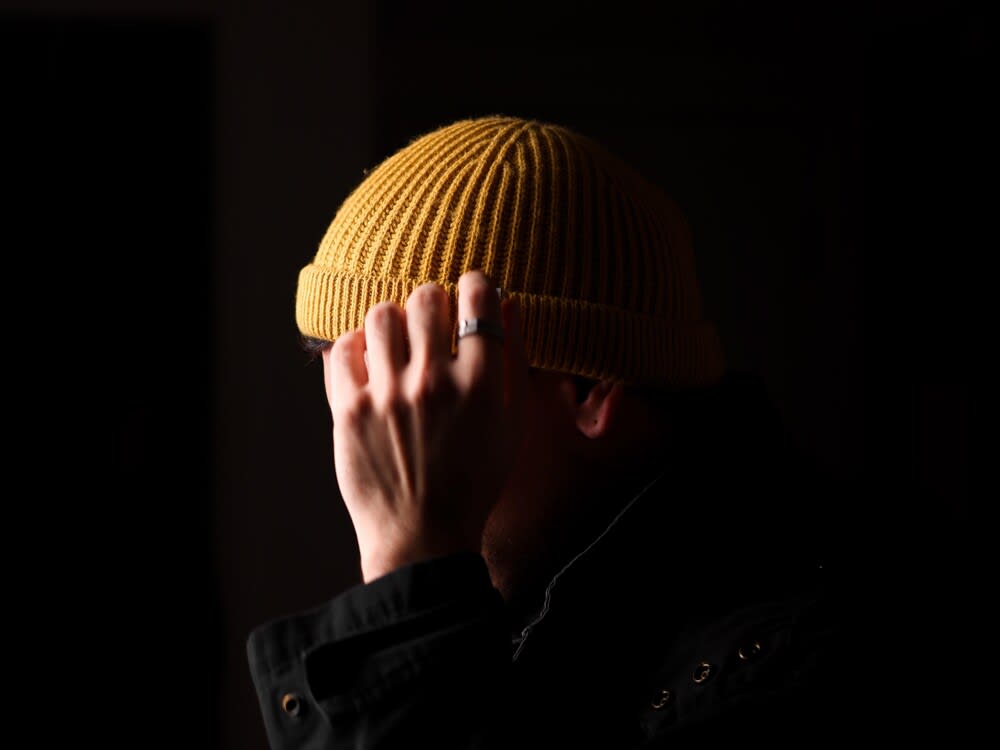Trichotillomania

Trichotillomania (hair pulling disorder)
Trichotillomania, also known as trich, is when someone cannot resist the urge to pull out their hair. They may pull out the hair on their head or in other places, such as their eyebrows or eyelashes. Trich is more common in teenagers and young adults.
Symptoms of trichotillomania
People with trich feel an intense urge to pull their hair out and they experience growing tension until they do. After pulling their hair out, they feel a sense of relief. A person may sometimes pull their hair out in response to a stressful situation, or it may be done without really thinking about it.
Most people with trich pull out hair from their scalp, but some pull out hair from other areas, such as their:
eyebrows
eyelashes
genital area
beard or moustache
Bald patches on the head may have an unusual shape and affect 1 side of the head more than the other.
Trich may cause feelings of shame and low self-esteem. Those affected may try to keep their condition to themselves.
Causes of trichotillomania
It's not entirely clear what causes trich. It could be:
- your way of dealing with stress or anxiety
- a chemical imbalance in the brain, similar to obsessive compulsive disorder (OCD)
- changes in hormone levels during puberty
For some people, hair pulling can be a type of addiction. The more they pull their hair out, the more they want to keep doing it.
When to see a GP
See your GP if you're pulling your hair out or if you notice that your child is.
You should also see your GP if you or your child has a habit of eating hair. This can cause hairballs to form in the stomach, leading to serious illness.
Treating trichotillomania
Trich is commonly treated using a type of CBT called habit reversal training.
This aims to help you replace a bad habit with something that's not harmful. Treatment usually involves:
- keeping a diary of your hair pulling
- working out the triggers for your hair pulling and learning how to avoid them
- replacing hair pulling with another action, like squeezing a stress ball
- loved ones providing emotional support and encouragement
Antidepressants are not are not usually prescribed to treat trich. Many people who have learned to manage their trich say that speaking to others about the condition led to a reduction in hair pulling.
Reference:
NHS Website



